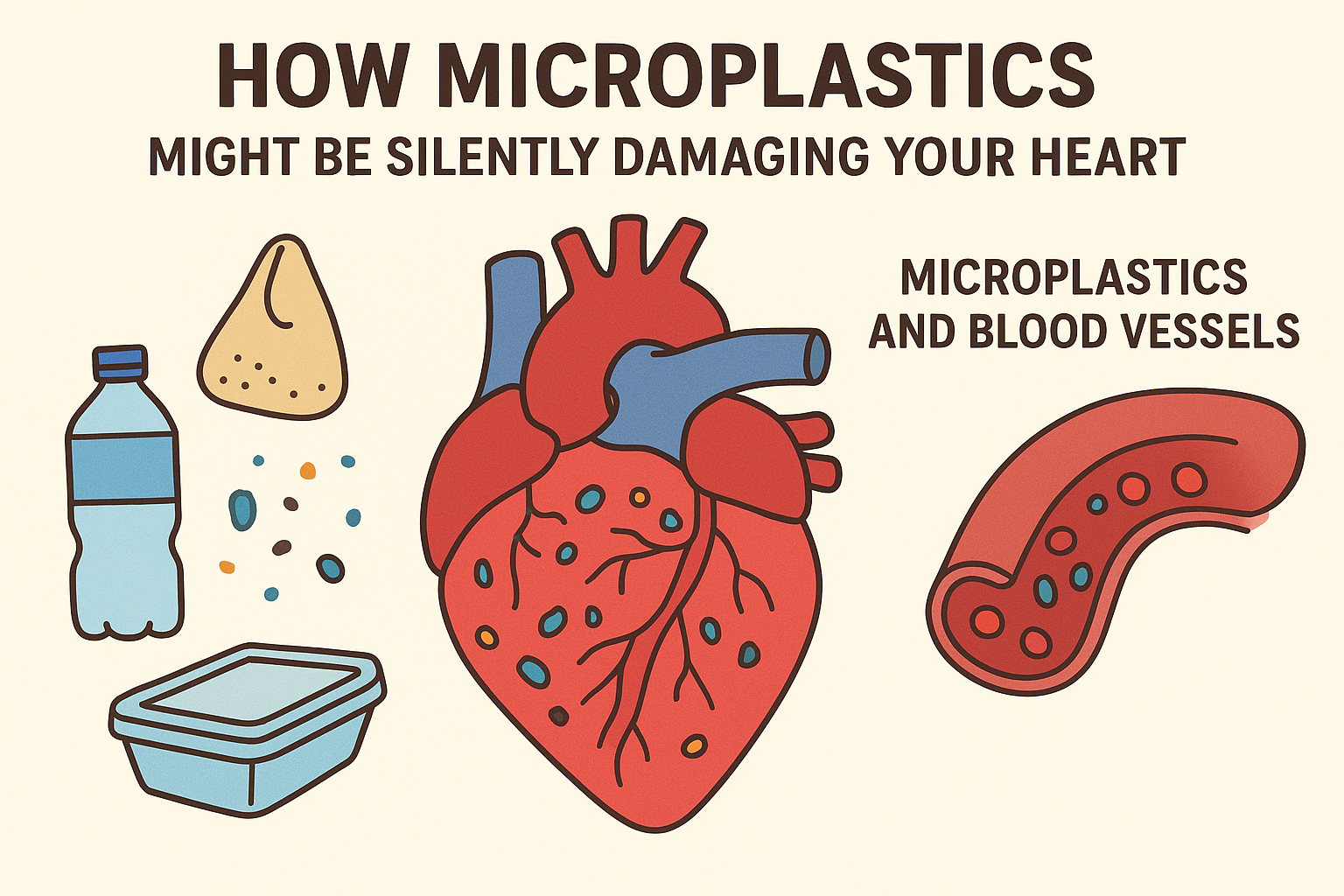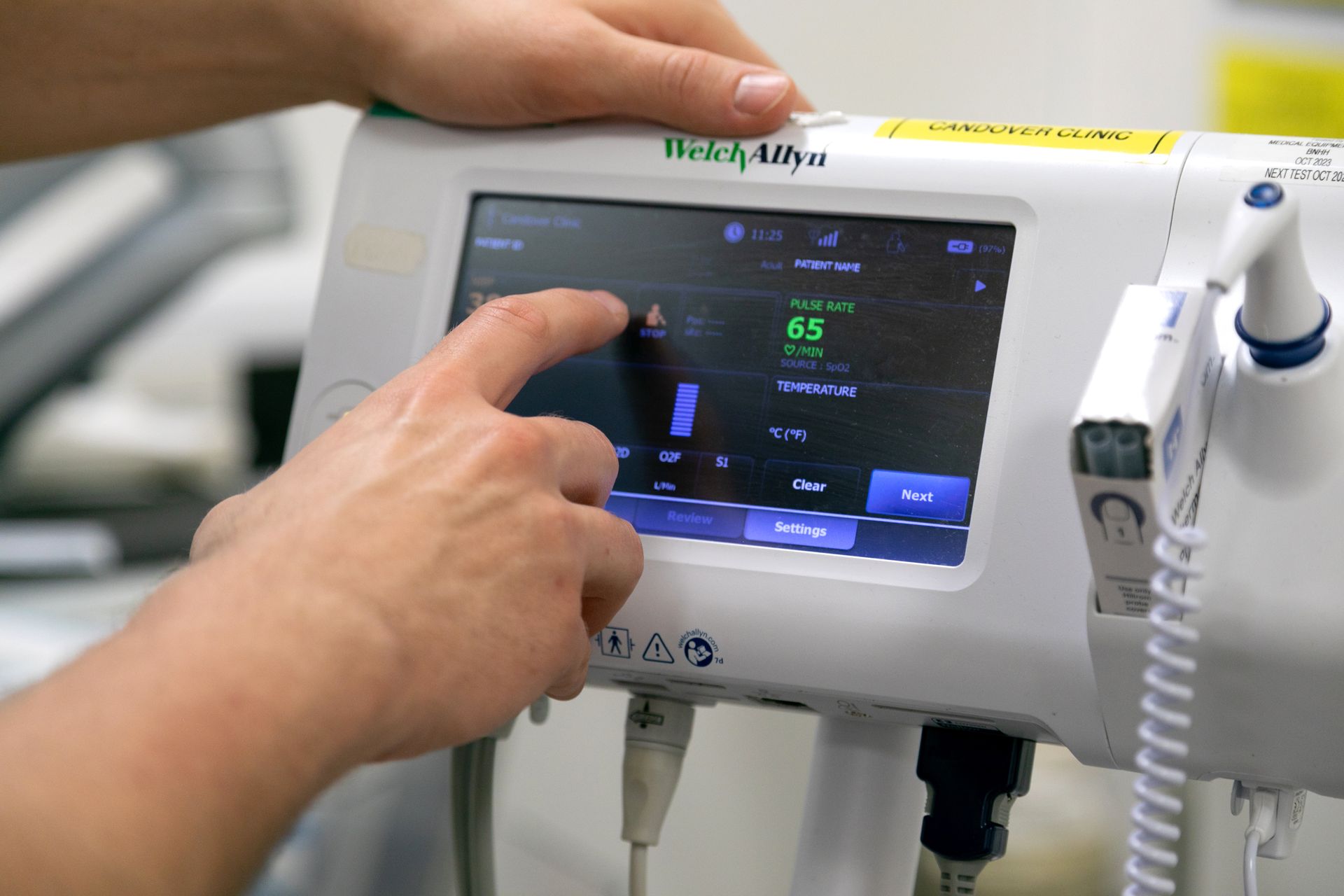High Blood Pressure in Millenials: Why they Are at Risk?

Undiagnosed Hypertension in Young People
This blog post is based on the article published on the BBC website in April 2023, https://www.bbc.co.uk/news/health-65410018. It informed the public about the fact that thousands of young people in England live with undiagnosed high blood pressure.
A significant number of young people in England—approximately 170,000 individuals aged 16 to 24—are unknowingly living with dangerously high blood pressure, according to analysis by the Office for National Statistics (ONS).
This translates to around five in every 100 young men and one in every 100 young women, highlighting a growing but often overlooked public health concern. Despite the absence of immediate symptoms in many cases, hypertension—the medical term for high blood pressure—places continuous strain on the heart and blood vessels. Over time, this silent condition can lead to life-threatening complications such as heart attacks, strokes, kidney disease, and vascular dementia.
In fact, hypertension is responsible for nearly half of all heart attacks and strokes in the UK, making early detection and management critical. What’s particularly concerning is that high blood pressure can develop at any age, contradicting the common belief that it only affects the elderly.
Approximately one in three adults in the UK has high blood pressure, yet many remain unaware of their condition, according to health experts.
Several lifestyle factors contribute to elevated blood pressure, including being overweight, following an unhealthy diet, physical inactivity, excessive alcohol consumption, and smoking. These risk factors can place additional strain on the heart and arteries, often without producing noticeable symptoms—making routine blood pressure checks essential for early detection and prevention.
This lack of awareness among young people is a major barrier to early intervention. The new ONS findings, derived from the Health Survey for England, included at-home blood pressure readings taken from more than 20,000 participants, including 1,500 young people. Readings were taken on multiple occasions by nurses to ensure accuracy, providing one of the most reliable assessments to date.
Startling Statistics: The Hidden Epidemic
The analysis found that:
- 7% of men (roughly 210,000) and 4% of women (around 110,000) aged 16–24 in England have high blood pressure.
- Of these, a staggering 66% of young men and 26% of young women were completely unaware of their condition.
- Comparatively, only 17% of men and 21% of women aged 75 and over were undiagnosed—underscoring the younger population’s vulnerability due to limited healthcare engagement.
This data paints a clear picture: young people are not exempt from cardiovascular risk. In fact, their lack of symptoms and interaction with healthcare services makes them even more vulnerable to undetected and unmanaged hypertension.
https://www.bbc.co.uk/news/health-65410018
A Global Perspective on Hypertension
- Global Prevalence: The World Health Organization (WHO) reports that approximately 1.28 billion adults aged 30–79 years worldwide have hypertension. Notably, about 46% of these individuals are unaware of their condition.
- Paraguay’s High Rates: In 2019, Paraguay had one of the highest hypertension prevalence rates globally, with 62% of men and 51% of women affected.
- Lower Rates in Canada and Peru: Countries like Canada and Peru have some of the lowest hypertension prevalence rates, with 20% or fewer adults affected.
https://www.who.int/news-room/fact-sheets/detail/hypertension?utm_source=chatgpt.com
Hypertension Among Youth in Other Nations
- United States: A study by the Centers for Disease Control and Prevention (CDC) found that approximately 1 in 7 U.S. youths aged 12–19 years had elevated blood pressure or hypertension during 2013–2016. The prevalence was higher among those with obesity.
https://www.cdc.gov/mmwr/volumes/67/wr/mm6727a2.htm?utm_source=chatgpt.com
- Tanzania and Uganda: Research indicates that in Tanzania and Uganda, the prevalence of hypertension was 12% among adolescents (12–19 years) and 10% among young adults (20–24 years).
https://pmc.ncbi.nlm.nih.gov/articles/PMC8030556/?utm_source=chatgpt.com
Dr Bart Olechowski consults private cardiology patients with heart symptoms in his clinics, which are based in Winchester at Sarum Road Hospital, in Basingstoke at Candover Clinic and in Farnham at Spire Clare Park Hospital. Consultations include checking blood pressure and possibly arranging 24 hours blood pressure monitors. Amy Rossiter, Dr Bart`s medical secretary can be contacted on 07984 245 550 or via an email pa@drbart.co.uk. Additional blog posts can also be found on our www.drbart.co.uk website, where Dr Bart writes regular blog posts.











